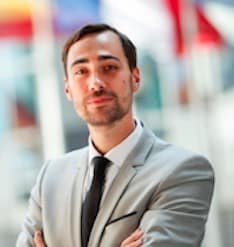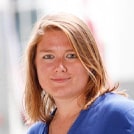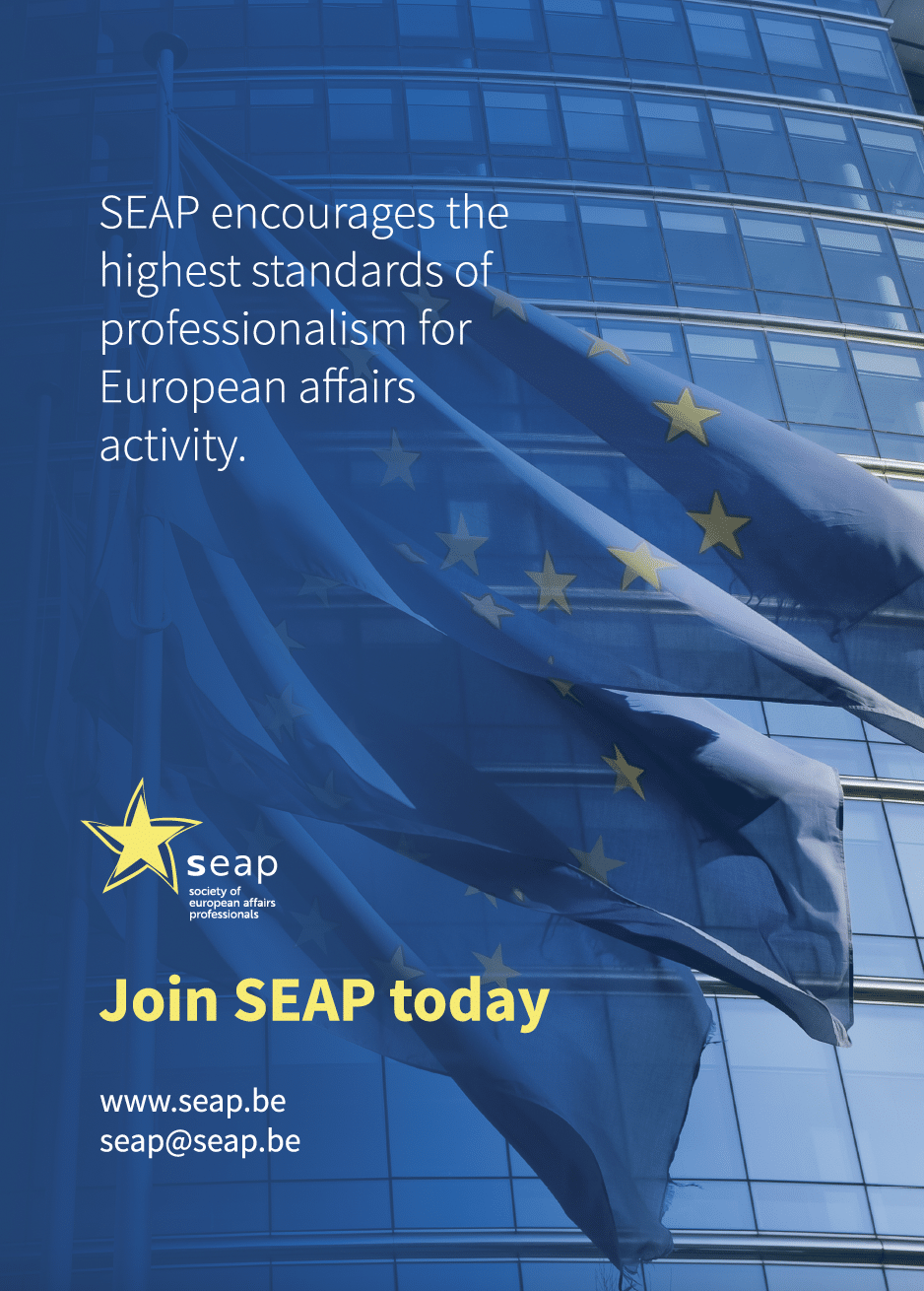Foreword from Paul Varakas and Emma Brown, President and Vice President of SEAP
Behind Closed Doors, Beyond Open Minds: Lobbyists Call for Transparency Evolution
This year is Changeover Year and as the name indicates it is a year (and a time) for change. Such change will come from the inevitable fresh faces arriving in Brussels, a new European Commission College and an advanced political ambition for the next five years.
This change happens following a period of reflection on what has happened, what has been accomplished and what is still to be done. Now, if you were in Brussels over the previous 2019-2024 mandate, there is a lot to reflect about – not least because of the amount of legislation which was adopted, the modified lobbying landscape caused by Covid and the well-covered Qatargate and reverberations which were felt throughout the Bubble.
For SEAP, the organisation which represents EU Public Affairs professionals active in the Brussels bubble, Qatargate was the tip of the iceberg. Corruption, conflicts of interest and undue influence from former politicians were at play. It questioned the integrity of the (legal) lobbying industry and demonstrated that transparency, integrity and openness of democratic processes are crucial.
We, at SEAP, have long advocated for increased transparency (and a mandatory register), improved consultative processes, strong conditionality principle as well as enhanced ethical standards and disclosure obligations by public affairs professionals. We therefore welcomed the late initiative by the European Parliament to close exposed loopholes.
While these changes were ongoing, we also saw a number of interest groups push for exclusion from the democratic process. If there is a strong conditionality principle in force and a clear culture of transparency, why should anyone be excluded?
The decision-making process should remain inclusive, fair, human-centred, impartial and accessible to all individuals and groups affected by policymaking. It is a key element of a vibrant democratic society and in line with the Better Regulation principles, which ensure transparent and evidence-based EU legislation based on the views of those likely to be affected. We must not forget that lobbying responds to a need for politicians to meet, discuss and learn from their constituents.
With the Changeover Year upon us, now is the time for a change in the culture of transparency and integrity from both politicians and lobbyists alike. Stop the calls for exclusion, the confusion between legitimate lobbying with covert interference from the few and make a concerted effort to reconnect with the public. Elected representatives should trust the democratic process they are part of and should adopt further measures to make sure consultation with stakeholders (in all forms) can continue to take place without undue scrutiny and questioning.
Trust is not a one-way street and thus SEAP has committed to revising its Code of Conduct originally adopted in 1997 to ensure that we have a clear procedure for non-compliance, accountability and a current reflection of lobbying practices across the globe.
Our belief is that we cannot be expected to call for a change in the culture, without also adapting ourselves. In the spirit of the European Union, cooperation and mutual recognition is essential.
About SEAP
The Society of European Affairs Professionals (SEAP) serves as the professional body representing public affairs professionals from across a broad spectrum of actors, from trade associations, in-house corporates, NGO’s and consultancies. SEAP already counts with more than 25 years of history upholding strong standards of transparency and ethical behaviour for the industry, taking a leading role in promoting self-regulation initiatives (such as our Code of Conduct) and participating in public debates to ensure industry voices are heard in the development of regulations that might affect their activities.



